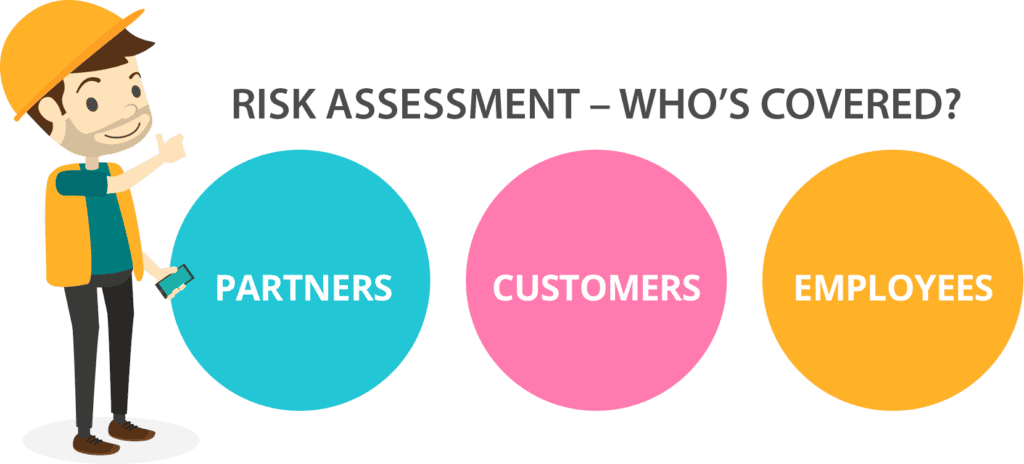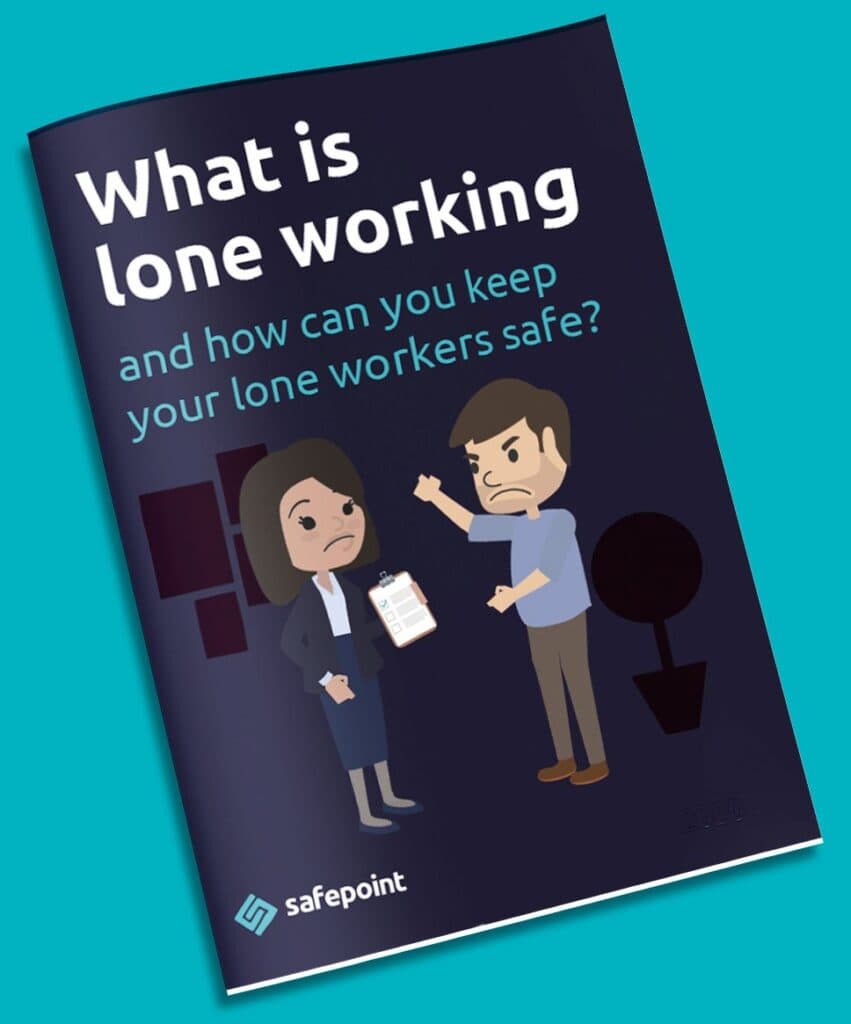
Many people enjoy being lone workers, setting their own goals, working “without close or direct supervision.” However, lone working can also be stressful, isolating and dangerous. Just because you are on your own, doesn’t mean you don’t have health and safety rights.
While not every job can be risk free, your employer should take every precaution to minimise all known risks. That starts with them conducting a thorough risk assessment – and, if they employ more than five people, putting their findings in writing. During this, they should ask you and other employees for your views on risk – and discuss any proposed safety procedures.
Ideally, your employer should ensure the risks you face as a lone worker are no different to those faced by other employees. That may involve removing risk from a process – or managing the risk more effectively. They should take particular notice of risks that are specific to your role as a lone worker – and the time it may take for first responders to come to your aid.
Although you may be working on your own, you should not be completely isolated from the lines of communication. There should be some level of support – such as a help desk or a check-in procedure – effectively someone who has your back if you get into difficulties. This should form part of the company’s “organisation, control and monitoring” of preventive and protective measures.

We all have a responsibility to ensure our actions don’t harm others, particularly when we are at work. You should know how to protect yourself – and what not to do. Your company’s risk assessment should identify everyone (employees, customers, partners and others) who may be at risk from your activities.
You need to feel confident that you know what to do in an emergency – who to contact and how to contact them. Your employer should have robust systems in place to support you that meet the guidelines set by the Health and Safety Executive. These should be clear, easy to read and easily communicated with others.
You have a right to appropriate training and clear information on safety procedures before undertaking any hazardous task. If your employer doesn’t offer it, you should ask for it – and, if necessary, remind them that they have a legal obligation to provide “access to competent health and safety advice.” You also have the right to refuse to complete an unsafe task or one inappropriate for your physical or mental condition.
Employers have to take special consideration of people with additional needs, such as pregnant women or those with restricted mobility. Supervisors should never force or encourage lone workers to ignore safety procedures or to take on tasks for which they are not qualified or equipped. Remember: cutting corners cuts short lives.

Award-winning safety management tools and a fully accredited response team.